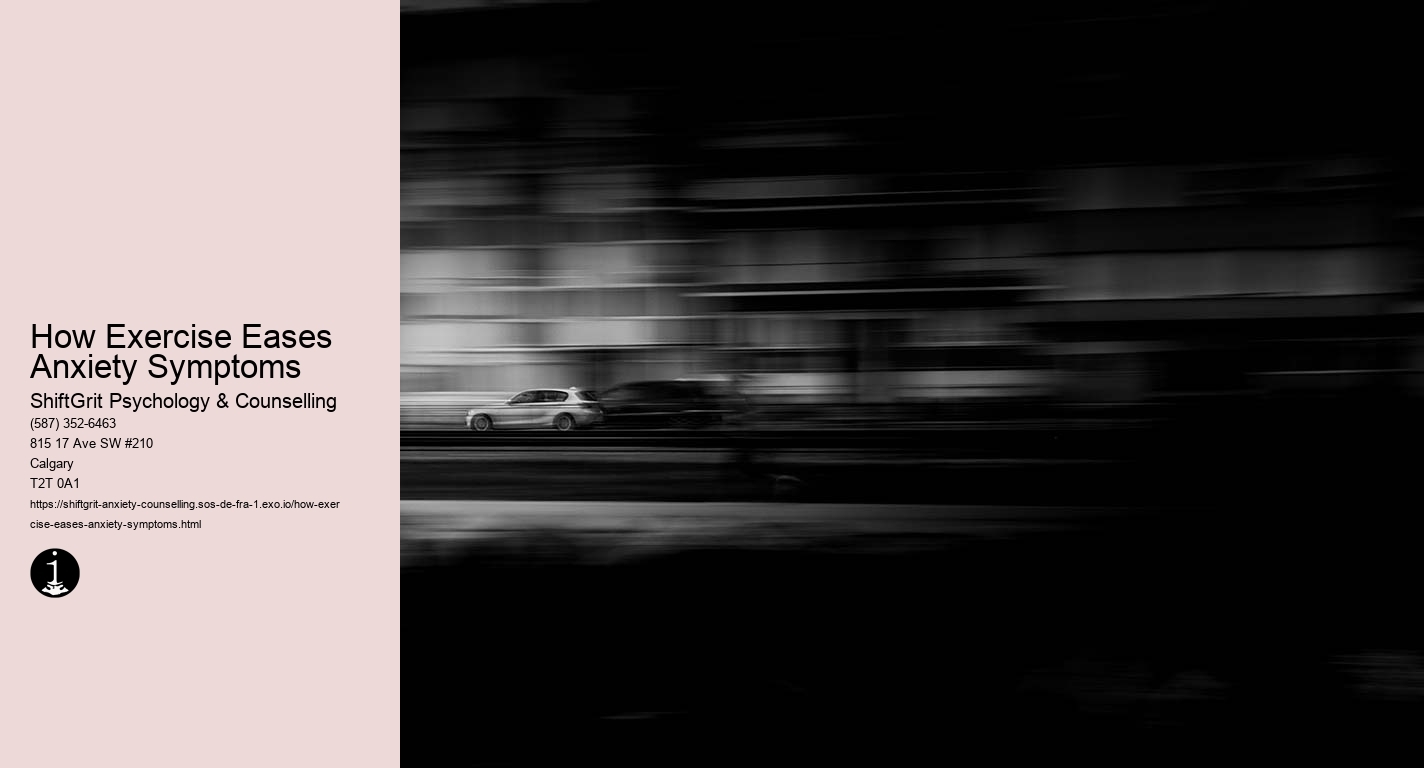Anxiety attack are sudden periods of extreme concern and pain that might consist of palpitations, otherwise defined as a rapid, uneven heart beat, sweating, upper body pain or discomfort, shortness of breath, shivering, dizziness, numbness, complication, or a sense of putting at risk doom or loss of control. Normally, these symptoms are the worst within 10 mins of start and can last for about 30 minutes, though they can differ anywhere from secs to hours. While they can be incredibly traumatic, panic attacks themselves are not literally unsafe. The Analysis and Analytical Handbook of Mental Disorders, 5th Version (DSM-5) specifies them as "an abrupt rise of extreme fear or intense pain that reaches a top within minutes and throughout which time four or more of the following symptoms occur." These symptoms consist of, but are not restricted to, the ones stated above. Panic attacks work as a pen for evaluating extent, course, and comorbidity (the simultaneous presence of 2 or even more medical diagnoses) of various disorders, including anxiousness disorders. Hence, anxiety attack can be put on all problems located in the DSM. Panic attacks can be triggered by a recognizable resource, or they might happen with no caution and without a specific, identifiable scenario. Some well-known causes that enhance the threat of having an anxiety attack include clinical and psychiatric conditions (e. g., panic attack, social anxiousness disorder, post-traumatic stress disorder, compound use problem, anxiety), materials (e. g., nicotine, high levels of caffeine), and psychological anxiety. Prior to making a diagnosis, physicians look for to get rid of various other problems that can create comparable signs and symptoms, such as hyperthyroidism (an overactive thyroid), hyperparathyroidism (an over active parathyroid), heart problem, lung disease, and dysautonomia, disease of the system that regulates the body's involuntary processes. Therapy of anxiety attack need to be guided at the underlying cause. In those with regular strikes, therapy or drugs might be made use of, as both preventative and abortive procedures, ones that quit the assault while it is happening. Breathing training and muscle relaxation methods may also be useful. Panic attacks often show up frightening to both those experiencing and those seeing them, and frequently, people have a tendency to believe they are having heart attacks as a result of the symptoms. However, they do not trigger any actual physical injury. Previous researches have recommended that those who deal with anxiety-related disorders (e. g., panic disorder) go to greater risk of self-destruction. In Europe, roughly 3% of the populace has a panic attack in a given year, while in the United States, they impact regarding 11%. Panic attacks are much more prevalent in ladies than males and frequently begin throughout puberty or early the adult years. Youngsters and older grownups are less generally influenced.
.



